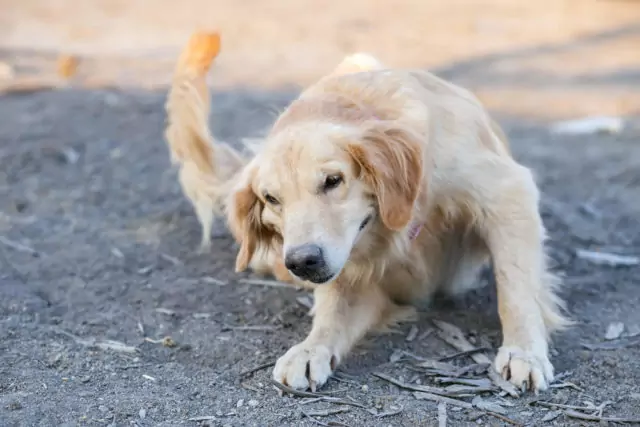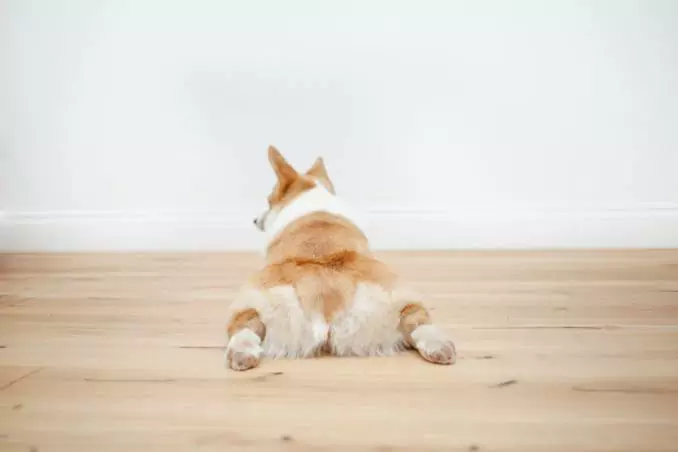Can dogs eat popcorn? Is corn bad for dogs? Dogs can eat corn
2022-06-22
Movies are the one thing in life that I can't afford to lose because it spices up my life. Before the epidemic, I used to go to the cinema almost once a week to see a movie. Recently, some movie theaters have also liberalized their pet restrictions, allowing people to bring their pet owners along to the cinema.
Movie time with our pets is relaxing and enjoyable, and dogs enjoy spending time with their owners.
I buy a bucket of popcorn every time I go to the movies, and it has become a standard part of my visit to the cinema, I think many people have the same habit as me.
And when I bar my mouth to eat popcorn, I always find a look that will be locked in my mouth, that is my dog. I can see that it wants to eat popcorn too.
So, can dogs eat popcorn or not? Can giving them some popcorn once in a while harm the dog's body?
We all know that popcorn is not a nutritious and healthy food, it is just a small snack that we occasionally improve the taste. Different popcorn may have different ingredients added to it, such as salt, sugar, butter, caramel, or cheese.
Many of these ingredients are well-known energy ingredients that can add a lot of calories to a dog's body. Excessive calorie intake can significantly increase a dog's risk of developing obesity and related complications.
Of course, in addition to obesity, popcorn poses other risks to dogs, which we'll talk to you about soon. You can occasionally feed your dog popcorn as a snack and it won't kill him, but we don't recommend you do so.
If you do want to give your dog a taste of popcorn, it's best to choose popcorn that has no added ingredients, or just a small amount of added ingredients. Again, to be more specific, that means it's best to have popcorn with no added butter, caramel, or cheese at all.
I. Is corn bad for dogs?
To know if corn is bad for dogs, then I first need to understand what corn is.
Corn is one of the most popular grains in the world. It is rich in a lot of carbohydrates and in addition to that it contains a lot of water and lower levels of protein and fat. The carbon brush compounds in corn consist mainly of starch (up to 80%) and a very small amount of sugar. Corn also contains about 15% fiber, and these fibers are in turn high in insoluble fiber.
So can corn be bad for dogs?
The truth is that corn itself is not bad for dogs, but we should not feed corn to dogs in large quantities or for long periods.
Do not allow corn to make up more than 10% of your dog's main diet, as it does not contain enough nutrients to meet your dog's own nutritional needs; instead, feeding too much corn will only prevent your dog from absorbing important nutrients. Corn seeds are relatively safe for dogs, but corn on the cob is a dangerous food for dogs. The corn on the cob is likely to be chewed into small pieces, which are likely to get stuck in the dog's throat, leading to the risk of choking.
II. The nutritional value of popcorn
As we mentioned above, regular corn is relatively safe for dogs. But when corn is made into popcorn, that can be a different story.
Remember, there is little to no nutrition in any type of popcorn, and there may be ingredients such as butter, salt, caramel, and other ingredients the popcorn that are not suitable for dogs. When you give your dog popcorn, you're giving him an unhealthy treat. Popcorn with added sugar has a lot of fat and sugar in it. This much fat and sugar will only harm your dog's body.
Three, the dangers of popcorn for dogs
An important reason why popcorn is not good for dogs is not just the lack of nutrition, but the high amount of fat and sugar increases a dog's risk of obesity and diabetes. Obesity, in turn, increases a dog's risk of cardiovascular disease.
On the other hand, popcorn also carries the risk of blocking the esophagus and choking. The size of the popcorn is awkward for dogs, and they can swallow it without chewing, a behavior that can easily lead to choking. In addition, we often encounter popcorn that doesn't "pop" completely, which is often very hard and I think anyone who has ever eaten popcorn knows what it feels like to have your teeth suddenly knocked by popcorn.
For the dog is the same. A kernel of popcorn that is not fully "popped" is very hard, and if the dog bites too quickly or too hard, it will probably damage the dog's teeth. This is even more dangerous for a puppy, as their teeth may not be mature enough to develop.
Popcorn that is not fully popped knocks the dog's teeth out and may even cause oral infection. If you do want to feed your dog popcorn, it's best to choose popcorn without any added ingredients and to feed no more than 10% of your dog's total daily intake
Fourth, what about popcorn that is buttered and caramelized?
Popcorn with all kinds of toppings is a disaster for dogs.
Butter and caramel are not good for dogs, and they can lead to many health problems, especially regarding cholesterol and heart health.
If you feed your dog popcorn for long periods or in large quantities, it can have a detrimental effect on your dog's health.
V. Dogs can eat corn
Simply put, dogs can undoubtedly eat corn, and owners can add it to dog food or reward their dogs as a snack. But there is a limit to the number of corn dogs can eat. Most of the corn we usually eat is sweet corn, which has a high amount of sugar and is not suitable for dogs. Owners can give their dogs glutinous corn with lower sugar content and higher starch content.
What are the benefits of corn for dogs?
Corn is rich in carbohydrates, protein, vitamins, vitamins, minerals, and fiber, providing both energy and other essential nutrients for dogs. Among other things, the carotenoids in corn help to strengthen your dog's immune system and reduce the risk of chronic infections. Not only that, but corn has another beneficial vitamin in it, namely folic acid. Folic acid is a unique B vitamin that helps with protein and cell division to form DNA, and it plays an important role in fetal development. Folic acid is water-soluble, however, so corn may lose half of it after it is cooked.
The potassium in corn is also a diuretic element, helping to flush metabolic waste from the dog's body as well as eliminating edema in the dog. However, if a dog has too much potassium in his body, he may develop hyperkalemia, which can make him weak and affect the function of his heart. In addition, corn is also rich in dietary fiber, which promotes the dog's intestinal motility and improves digestive function. The most important thing is that you can get a good idea of what you are getting into.
6. When should dogs not eat corn?
There are some other conditions that owners need to consider before feeding corn to their dogs, and these include food allergies. In reality, though, food allergies are not common in dogs, it's just that owners need to know that they exist. Once the dog shows signs of allergy, such as diarrhea and vomiting with skin problems, you need to take it to the vet promptly for treatment and try to avoid the food in the future.
The other situation to consider is what the owner should do with the corn. Generally speaking, owners can steam corn, which will ensure that the dog's diet is safe, but if the dog is given an ear of corn on the cob directly, then beware of choking and causing the choking or esophageal blockage. Other commercially processed corn products may have added salt or other chemicals that are not good for dogs.
In addition to steamed corn, owners can also feed their dog's popcorn. However, the popcorn we often eat contains a lot of fat and sodium, which can easily make dogs overweight. Owners can use the microwave to make homemade popcorn with no oil, no sugar, and no salt, although this may make the corn lose more folic acid, at least it is safer for the dog.
Was this article helpful to you?
Other links in this article
Comments
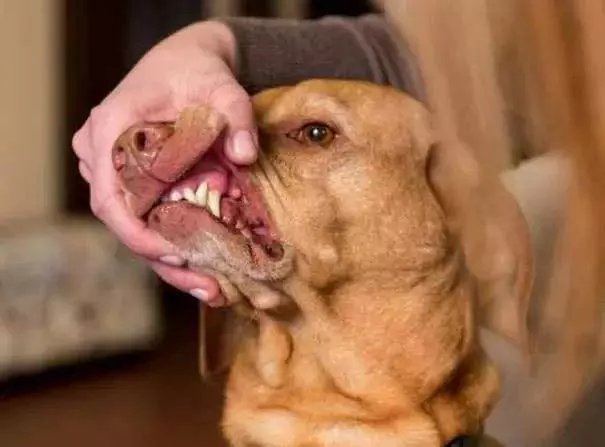
Is a dog's mouth cleaner than a human's? Dogs' mouths need regular cleaning
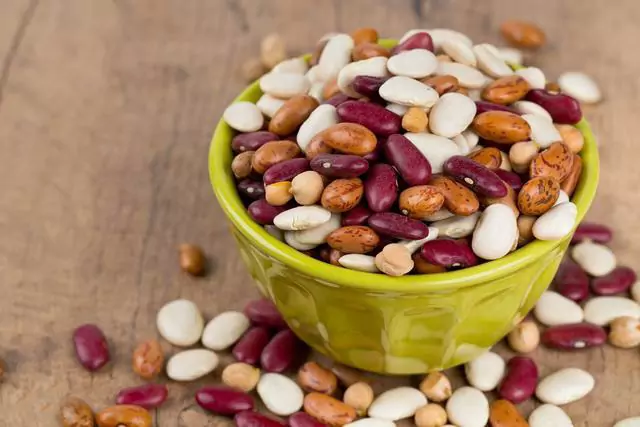
Can dogs eat beans? Do dogs eat beans for health?
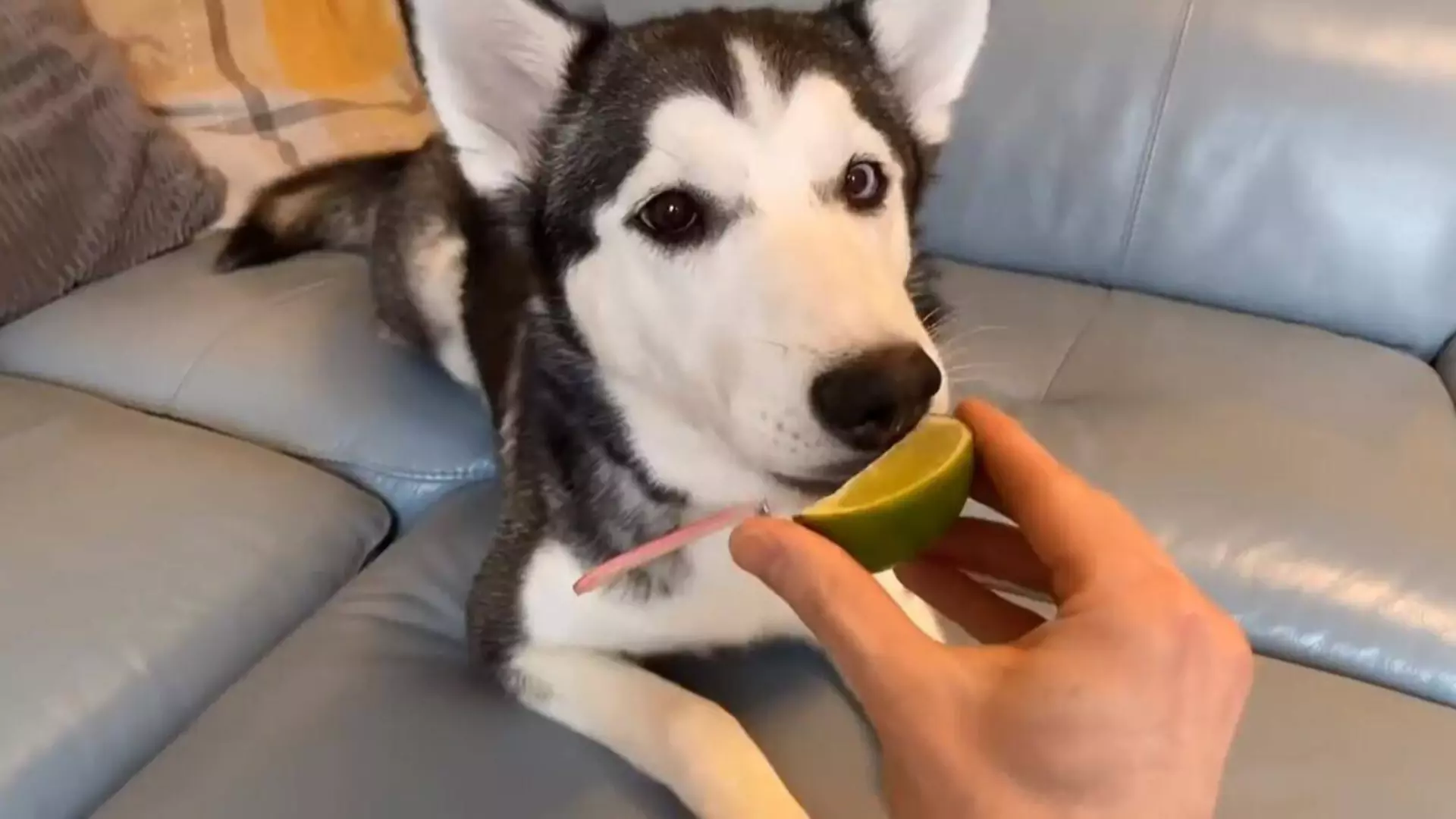
Can dogs eat lemons? Fruits that dogs should not eat more of
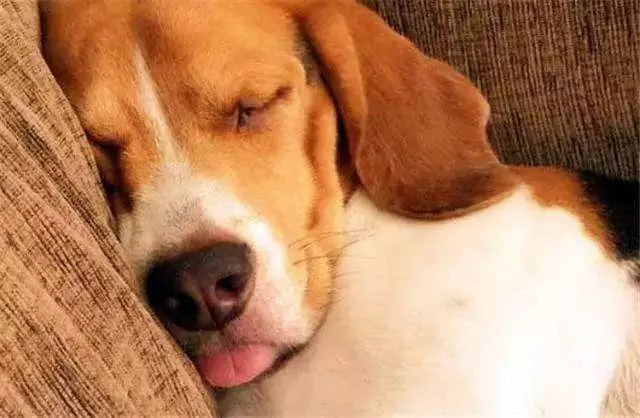
Do dogs have nightmares? Are dogs' dreams similar to humans'?
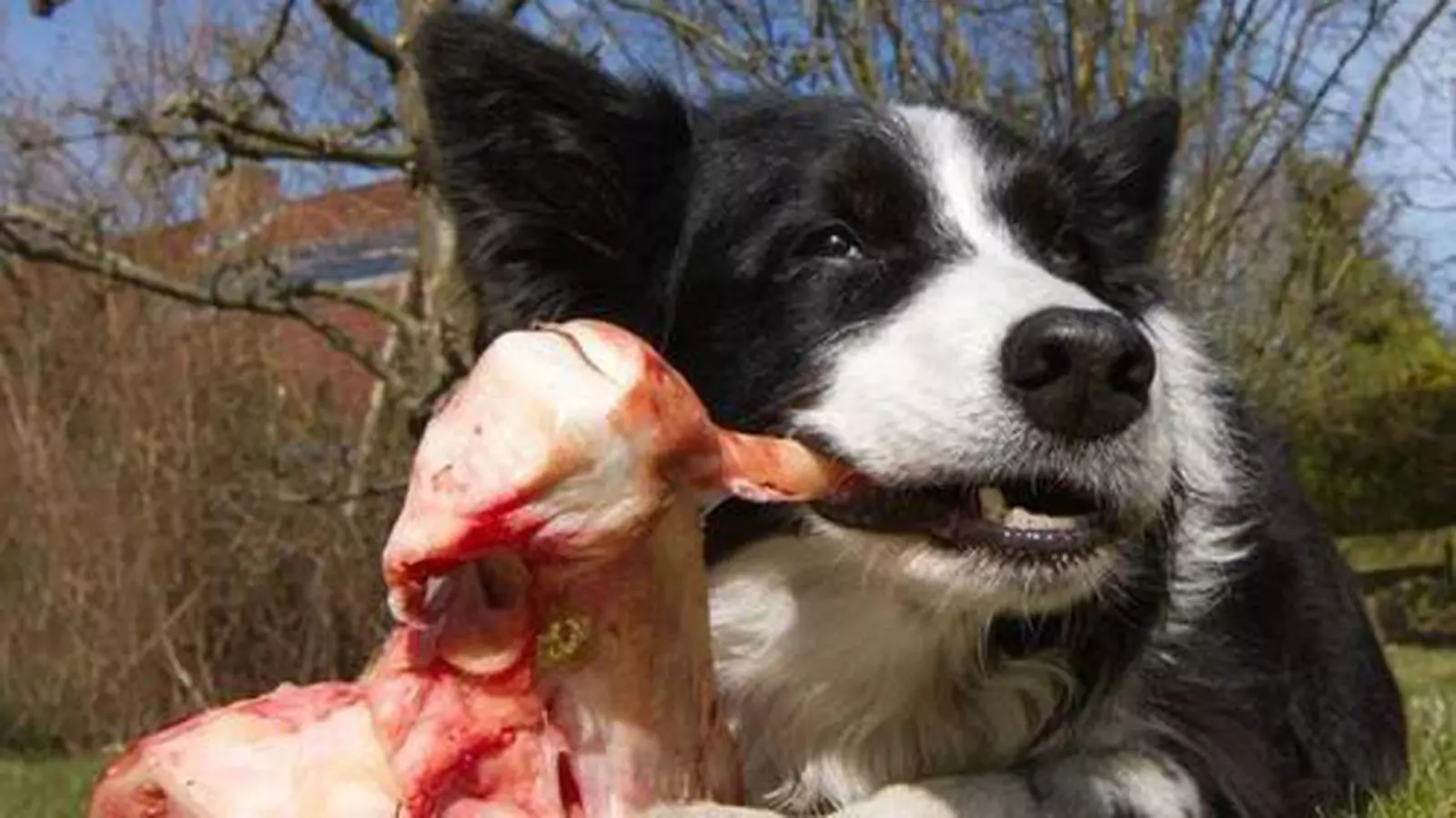
Can dogs eat raw beef? The benefits and drawbacks of beef for dogs
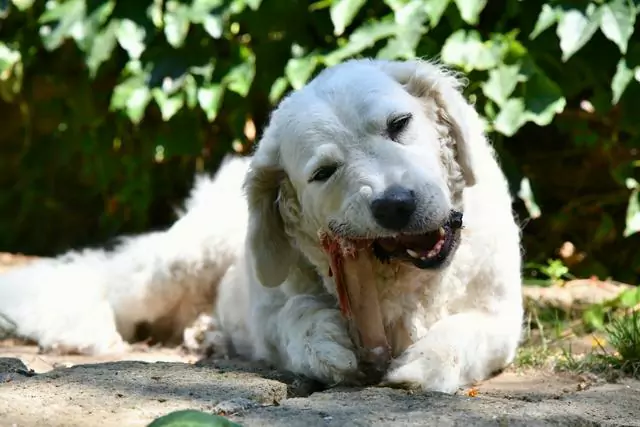
Is raw meat good for dogs? Can dogs eat raw chicken?
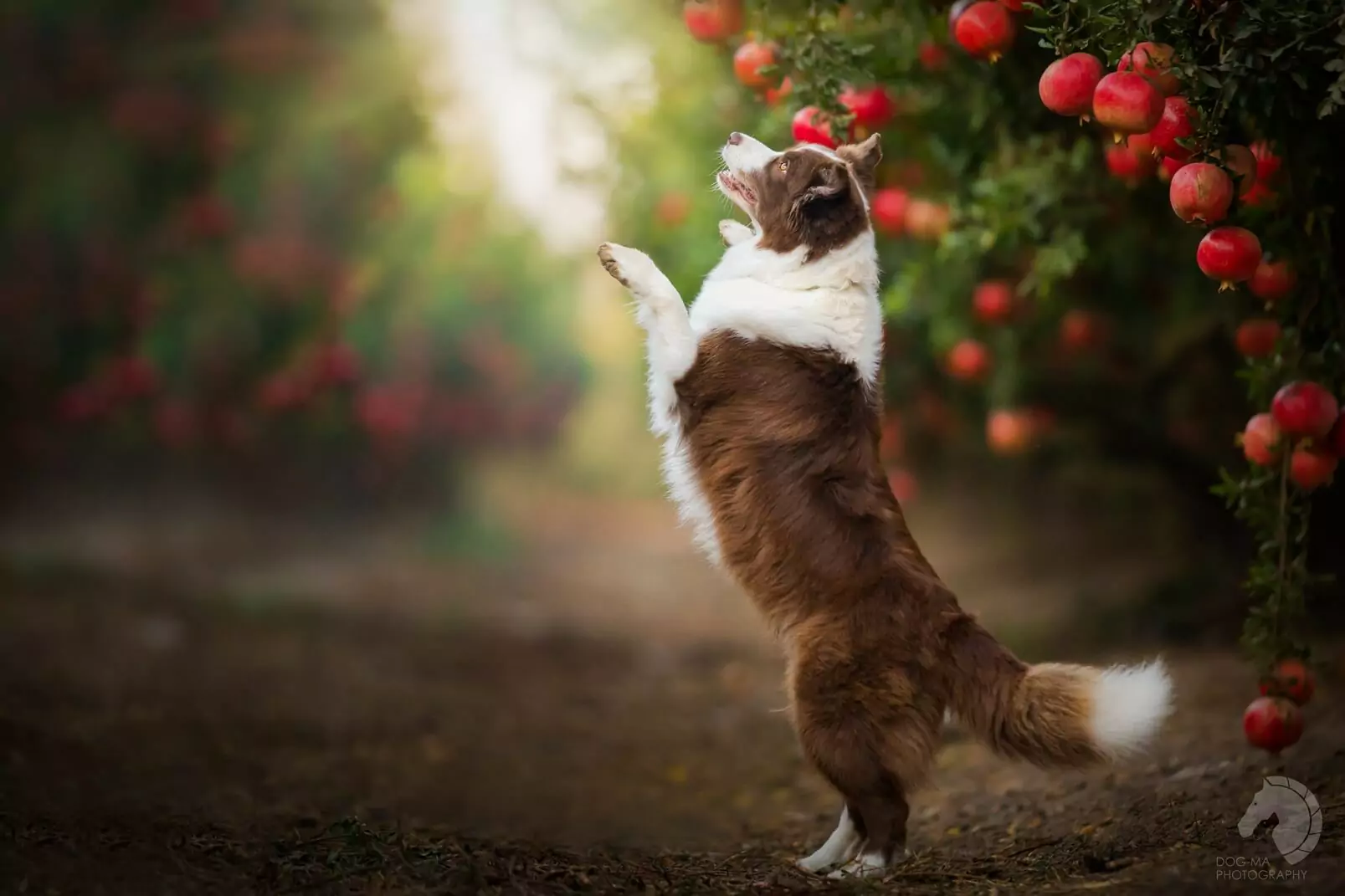
Can dogs eat pomegranates?

Can dogs eat ham?Can all types of ham hocks be eaten?
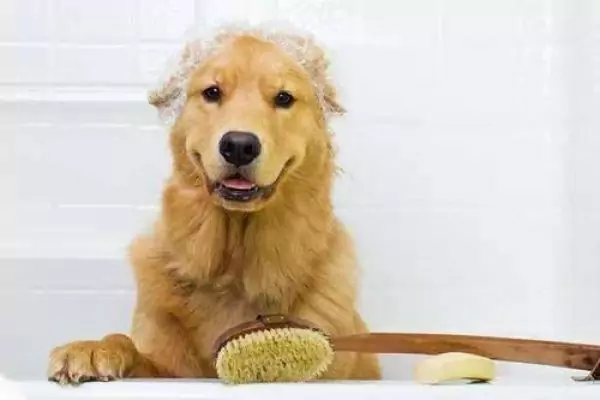
How to give a dog a bath

Can dogs eat kimchi?





